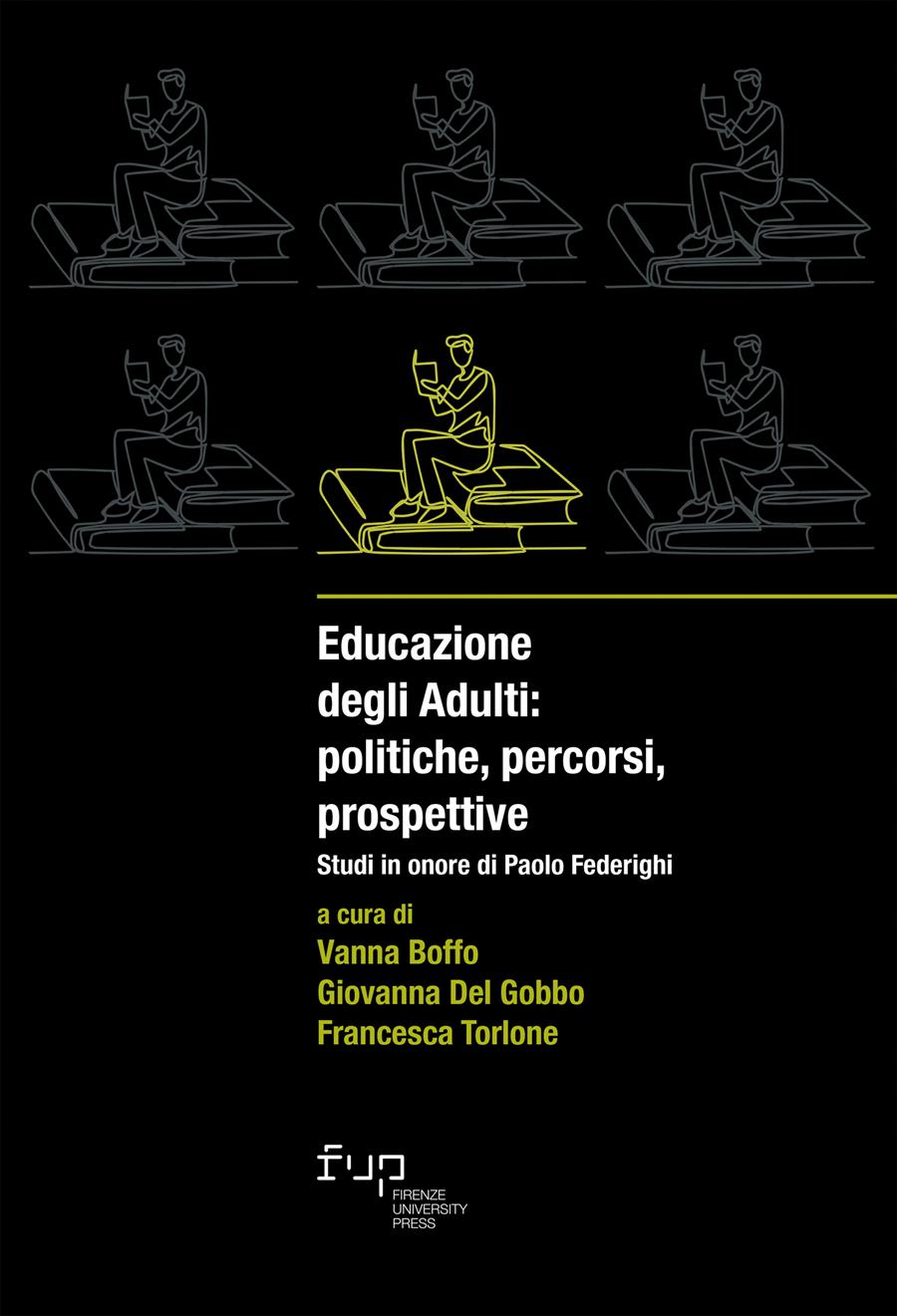- Educazione degli Adulti: politiche, percorsi, prospettive
- Edited by Vanna Boffo, Giovanna Del Gobbo, Francesca Torlone
La scrittura scientifica dopo la ‘rivoluzione scientifica’. Tre exempla: Galilei, Darwin, Piaget
- Alessandro Mariani
- © 2022 Author(s) |
- CC BY 4.0
- DOI: 10.36253/979-12-215-0006-6.11
This paper focuses on the structure and function, as well as on the interweavings, variations and integrations of three types of scientific writing (the dialogue, the treatise, the essay) to which Italian pedagogy has focused only partially. From the reflections presented and through the examples given (Galilei, Darwin, Piaget) it emerges that, starting with the "scientific revolution," the renewal of science has also taken place with the contribution of scientific writing, which has become progressively more linear, more open, more disseminated, more dialectical, and more informative.
- Keywords:
- Scientific writing,
- 'Scientific revolution',
- dialogue (Galilei),
- treatise (Darwin),
- essay (Piaget),
University of Florence, Italy - ORCID: 0000-0001-9466-6003
- Bachtin, M. M. 1988. L’autore e l’eroe. Torino: Einaudi.
- Calvino, I. 1988. Lezioni americane. Milano: Garzanti.
- Cambi, F. 2010. “La scrittura scientifica.” Studi sulla Formazione 2: 157-162.
- Cian D. O., a cura di. 2002. Didattica universitaria tra teoria e pratiche. Lecce: Pensa Multimedia.
- Darwin, C. 1859. L’origine delle specie. Torino: Boringhieri.
- Demetrio, D., a cura di. 2007. Per una pedagogia e una didattica della scrittura. Milano: Unicopli.
- Derrida, J. 1968 (1967). Della grammatologia. Milano: Jaca Book.
- Fano, E., e D. Ghetti. 2001. Le forme della scrittura. Bologna: Calderini.
- Foucault, M. 1972 (1971). L’ordine del discorso. I meccanismi sociali di controllo e di esclusione della parola. Torino: Einaudi.
- Galilei, G. 1982 (1632). Dialogo sopra i due massimi sistemi del mondo tolemaico e copernicano. Torino: Einaudi.
- Goody, J. 1981. L’addomesticamento del pensiero selvaggio. Milano: FrancoAngeli.
- Havelock, E. A. 1973. Cultura orale e cultura della scrittura. Roma-Bari: Laterza.
- Kuhn, T. S. 1969. La struttura delle rivoluzioni scientifiche. Torino: Einaudi.
- Laneve, C. 2009. Scrittura e pratica educativa. Gardolo: Erickson.
- Mariani, A. 2018. “La scrittura scientifica in ambito pedagogico.” Quaderni di didattica della scrittura 30: 105-09.
- Ong, W. J. 1986. Oralità e scrittura. Bologna: il Mulino.
- Peruzzi, A. 2009. Modelli della spiegazione scientifica. Firenze: Firenze University Press. DOI: 10.36253/978-88-6453-002-4
- Petrucci, A. 1986. La scrittura. Torino: Einaudi.
- Piaget, J. 1973. Le scienze dell’uomo. Roma-Bari: Laterza.
- Preti, G. 1957. Storia del pensiero scientifico. Milano: Mondadori.
Chapter Information
Chapter Title
La scrittura scientifica dopo la ‘rivoluzione scientifica’. Tre exempla: Galilei, Darwin, Piaget
Authors
Alessandro Mariani
Language
Italian
DOI
10.36253/979-12-215-0006-6.11
Peer Reviewed
Publication Year
2022
Copyright Information
© 2022 Author(s)
Content License
Metadata License
Bibliographic Information
Book Title
Educazione degli Adulti: politiche, percorsi, prospettive
Book Subtitle
Studi in onore di Paolo Federighi
Editors
Vanna Boffo, Giovanna Del Gobbo, Francesca Torlone
Peer Reviewed
Number of Pages
248
Publication Year
2022
Copyright Information
© 2022 Author(s)
Content License
Metadata License
Publisher Name
Firenze University Press
DOI
10.36253/979-12-215-0006-6
ISBN Print
979-12-215-0005-9
eISBN (pdf)
979-12-215-0006-6
eISBN (epub)
979-12-215-0007-3
Series Title
Studies on Adult Learning and Education
Series ISSN
2704-596X
Series E-ISSN
2704-5781
